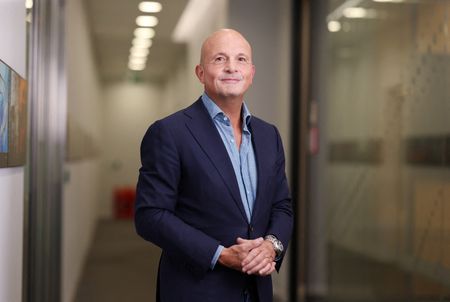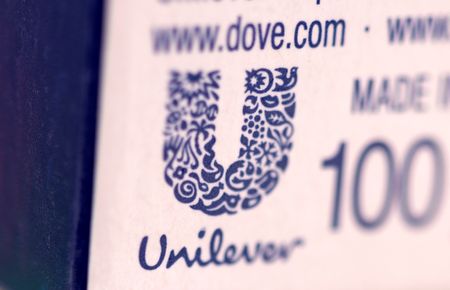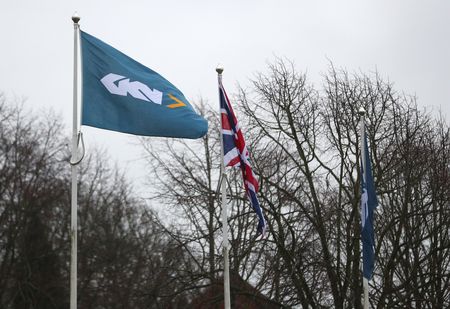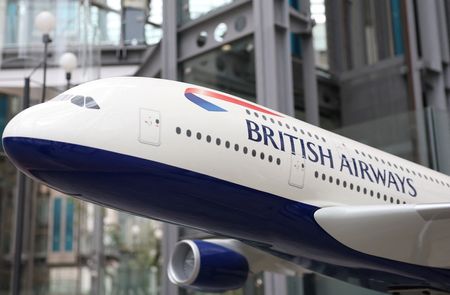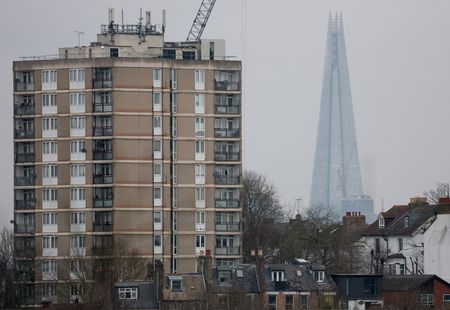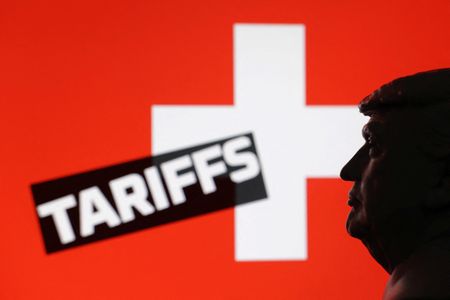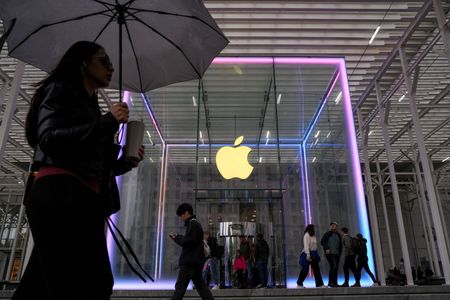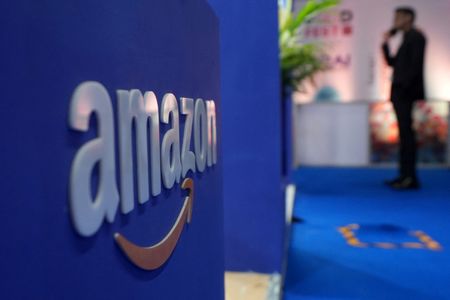By Yadarisa Shabong
(Reuters) -Dove soap maker Unilever beat forecasts for second-quarter underlying sales growth on Thursday, citing strong demand at its ice cream business which it will spin off later this year as part of an ongoing reorganisation.
The company said the ice cream spin-off is set for mid-November. Unilever will retain a less than 20% stake in the division, called The Magnum Ice Cream Company, for up to five years.
Ice cream’s underlying sales rose 7.1% in the second quarter, the group’s fastest growing category. Unilever cited innovation as one of the drivers, such as the launch of its Magnum Utopia range.
Unilever also confirmed that Peter ter Kulve will lead the ice cream business, which is home to namesake brand and biggest revenue contributor Magnum, as well as others such as Ben & Jerry’s, Cornetto and Wall’s.
The company has made a number of organisational and operational changes over the past year to address underperformance and boost margins, including job cuts and changing its CEO.
Unilever held its full-year sales outlook steady and reported underlying sales growth of 3.8% for the three months ended June 30, compared with 3.6% expected by analysts.
The results outshone those of rivals Procter & Gamble and Nestle, with the former warning of annual results falling below expectations and the latter missing first-half sales volumes targets as consumers tighten belts.
Unilever’s half-year performance was also driven by brands such as Dove bodywash, Liquid I.V. electrolyte mix and Wonder Wash detergent. It said Europe and North America had been robust.
“We are investing heavily in key retailers in the U.S. and our performance in U.S. is showing that the model of deploying our investment is really working well,” CEO Fernando Fernandez said in a post-earnings call with analysts.
The group’s 2025 guidance already factors in the impact of tariffs on packaging and raw material costs, acting finance chief Srinivas Phatak told journalists.
Unilever reported a 50% drop in free cash flow from last year to 1.1 billion euros in the first half due to supply chain changes, tariff uncertainties, and costs associated with spinning off the ice cream division.
The company’s shares were little changed on Thursday.
(Reporting by Yadarisa Shabong in Bengaluru; Editing by Subhranshu Sahu, Bernadette Baum and Jane Merriman)

